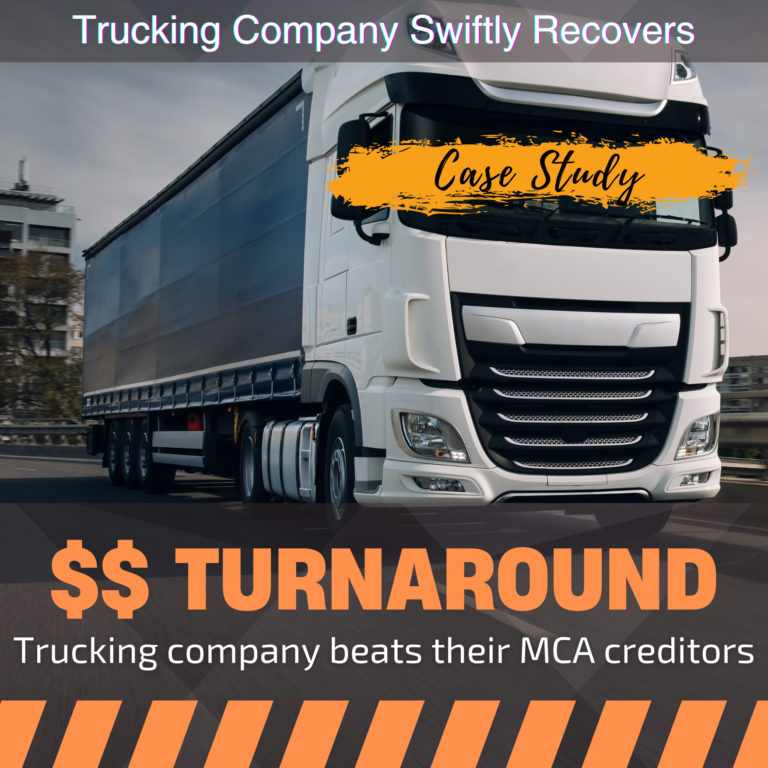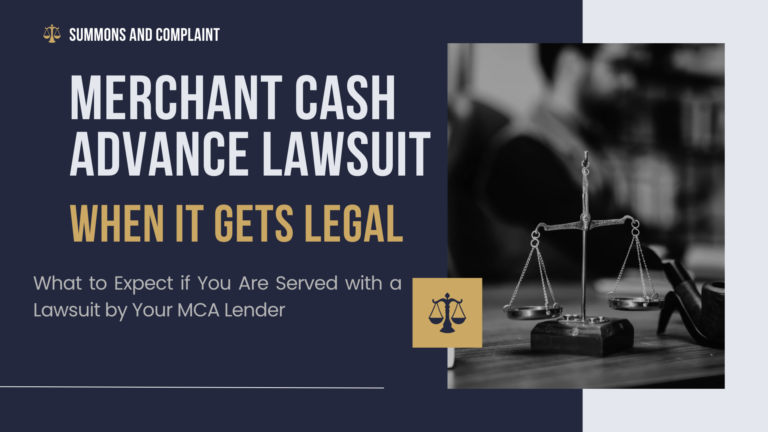Merchant Cash Advances can be deceivingly attractive to businesses, offering a lump sum payment and quick access to cash. Still, it’s important to remember that they can also be incredibly costly. Interest rates can be high, and the repayment terms are often inflexible and unforgiving.

Understanding the Risks of Merchant Cash Advances
Before diving into the pitfalls of consolidating MCAs, it’s crucial to understand the inherent risks that come with these financial instruments.
High-Interest Rates
One of the significant drawbacks of MCAs is their high-interest rates. Often, businesses end up paying an annual percentage rate (APR) of 40% or higher, making MCA repayment a costly endeavor.
Inflexible Repayment Terms
MCAs often come with inflexible repayment terms that can strain a business’s cash flow. Since payments are based on a percentage of daily sales, the repayment amount fluctuates depending on how well the company is performing. This can lead to unpredictable repayment schedules and financial stress.
The situation could be even worse when it comes to merchant cash advances, as some companies require a minimum daily payment. This means that even if the sales of the business are not performing well, they still have to pay a certain amount each day. This can lead to major financial consequences for businesses, as they may struggle to meet the minimum repayment, leading to late payments and potential defaults.
The Pitfalls of Consolidation
While consolidating MCAs may seem like an appealing solution, it’s essential to consider the potential disadvantages.
Prolonging Financial Problems
Consolidating MCAs might provide temporary relief, but it doesn’t address the root cause of the debt problem. Instead, it pushes financial issues further down the road, potentially leading to more significant problems in the future.
When consolidating multiple MCAs into one loan product, businesses may find themselves in a long-term debt cycle. Companies often make the mistake of thinking that consolidation will solve all their financial problems. However, this is rarely the case, as there are still high-interest rates and inflexible repayment terms that can cause serious cash flow issues.
Without properly resolving the debt issue, the situation will further compound when businesses, once again, use MCA payments to pay other MCAs, creating an endless cycle of debt that can be difficult to break.
Additional Costs
Consolidation loans often come with their own fees and interest rates, which can add to a business’s existing debt burden. It’s crucial to weigh the costs of consolidation against perceived potential savings before opting for this solution.
Benefits of Debt Settlement
Debt settlement offers several advantages over consolidating MCAs, making it a more viable option for businesses looking to manage their debt effectively.
If you find yourself in a situation where your debt cannot be serviced, meaning you cannot make the necessary minimum payments, consider a reduced settlement process.
A debt settlement, also known as debt resolution or debt negotiation, is an approach where you or a representative negotiates with your creditors to accept a payment that’s less than the full amount you owe. The goal is to settle your debt for less than what’s due.
Some of the key benefits include:
Reduced Overall Debt
One of the main advantages of debt settlement is that it can significantly reduce the total amount owed. By negotiating with MCA providers, businesses can often reach an agreement to pay a fraction of the original debt, saving them a substantial amount in the long run.
Customized Repayment Plans
Debt settlement allows businesses to work out a repayment plan tailored to their unique financial situation. This flexibility enables companies to repay their debts at a pace that aligns with their cash flow, reducing the risk of default and financial strain.
Avoiding Additional Borrowing
Consolidating MCAs often involves taking out another loan, which can further increase a business’s debt burden. In contrast, debt settlement focuses on resolving existing debts without the need for additional borrowing, helping businesses maintain a healthier financial position.
Improved Credit Score
Successfully settling debts can have a positive impact on a business’s credit score. Although the initial effect may be negative due to the debt settlement notation on the credit report, over time, as the business demonstrates responsible financial behavior and reduces its debt-to-income ratio, the credit score can improve.
Reduced Stress and Increased Focus
Debt settlement can alleviate the stress and pressure associated with mounting MCA debts. By addressing the issue head-on and working towards a resolution, business owners can regain control of their finances and refocus their energy on growing and improving their operations.
In summary, debt settlement offers numerous benefits over MCA consolidation, making it a more attractive option for businesses seeking effective debt management solutions. By exploring negotiated settlements, companies can reduce their overall debt, create customized repayment plans, avoid additional borrowing, and work towards a healthier financial future.
How to Take Control of Business Debt
Instead of consolidation, consider a negotiated settlement for pennies on the dollar. The MCAs tricked you into taking on a toxic financial instrument and burying the conditions in their contract.
Use our business debt settlement system to regain control of your finances and cash flow.
Similar Posts










